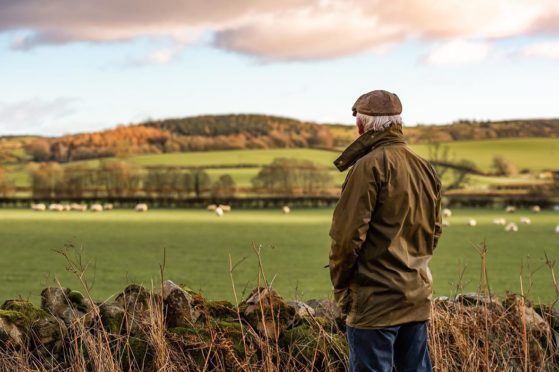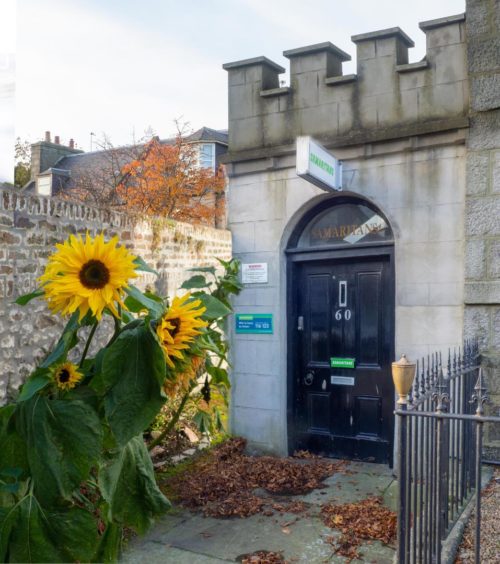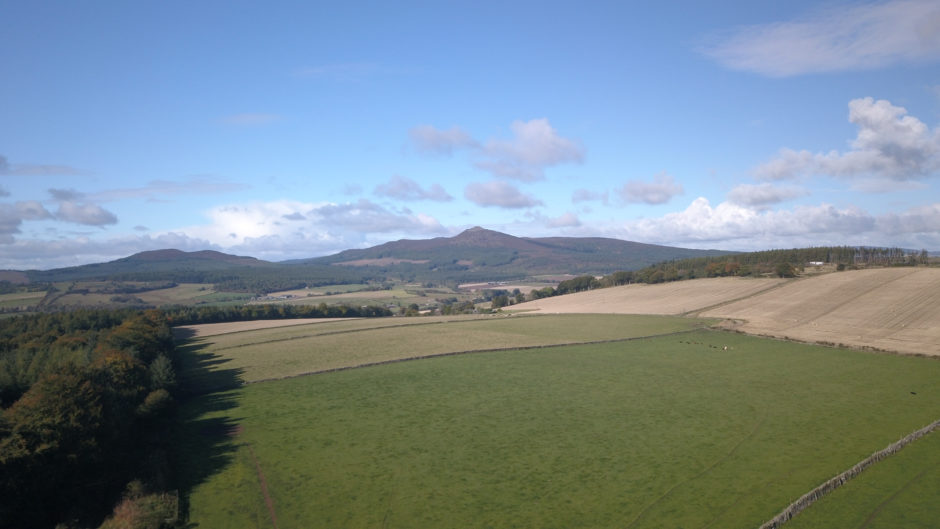In March this year Aberdeen Samaritans introduced their campaign to support farmers throughout 2021.
As well as regular features in the Press and Journal, a joint venture with Robert Gordon University, the North East branch of NFUS and local farmers has led to a video called Unearthing Farming Lives. View the full video here.
The Aberdeen Samaritans’ work to reach farmers in the north-east has been funded in part by LNER. David Horne, LNER managing director, said of the project and the Unearthing Farming Lives production: “This is an important project that we are keen to support through the LNER Customer and Community Investment Fund.
“It will highlight the mental health issues that exist in the agricultural community whilst raising awareness of the Samaritans and the support the organisation can provide for those in need.”
Aberdeen Samaritans, one of more than 200 Samaritans branches across the UK and Republic of Ireland, wants the farming community to know that they are there to listen, whatever you’re facing.
Today, Aberdeen Samaritans aim to explain what you might expect if you were to call. Elaine, previously Aberdeen Samaritans Branch Director, said: “It’s not necessarily about feeling suicidal or at breaking point either. We don’t want you to wait for a crisis.
“If you decide to call us, we will have a conversation with you about what you are going through, we won’t judge, we will listen.”
There’s a stereotypical image of a farmer that many people have – a strong, stoic figure who faces everything thrown at them. The fact is that everyone, even those who pride themselves on being strong, need support sometimes and the Samaritans are keen to provide that support for you.
It’s not a sign of weakness to seek help, it may even be a sign of strength to recognise that support is needed.
Catherine, who is an Aberdeen Samaritans volunteer and close to the farming community said: “Farmers carry a lot on their shoulders – even staying strong to meet other people’s expectations can add a lot of pressure.
“But when the work can be affected by weather or market prices or other things out with their control, or they spend many hours alone with nobody for miles around, it can lead to feelings of anxiety, loneliness or even anger.”
Even voicing your feelings through calling Samaritans can start to make things feel more manageable. Volunteers have had people tell them that just by saying ‘I am not coping’ they feel an immediate release of the pressure.
What happens when you get in touch with Samaritans?
Many people don’t understand what a call to the Samaritans is like, so here are some useful points if you are thinking of contacting them by telephone or email.
- Your call or email will be answered by a trained Samaritans volunteer, ready to listen and respond to you.
- They will let you go at your pace – they won’t push you to share more than you are comfortable with.
- They will listen, perhaps ask some questions or check that they are understanding you correctly.
- You are the expert on your situation – Samaritans volunteers won’t tell you what to do or say. They’re there to listen and help you find your own way through your problems.
- They know that it can take time to work through difficult feelings or challenges. That’s why you can call their helpline multiple times.
- When you call, it’s up to you how much you tell them. You don’t have to share any personal details, like your name, unless you want to.
Being a farmer is a 24/7 job, that’s why the Samaritans can be reached free on 116 123 at any time, 365 days a year – whenever you want to talk, there will be someone to listen. You can call from a mobile or landline and it won’t show up on phone bills.
Find out more at the Samaritans website; if you feel you are struggling, you can call Samaritans for free on 116 123, day or night. Alternatively, you can email jo@samaritans.org.


